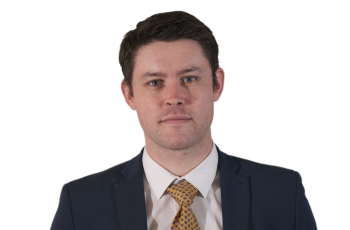Misdiagnosis & Delayed Treatment
Recovering the compensation you deserve
Covering all of your legal needs with branches in Norwich, Sheringham and North Walsham
When seeking medical care, we trust professionals to provide the right treatment and advice. However, mistakes can sometimes occur, leading to physical pain, emotional distress, and financial strain. If you or a loved one has been affected, pursuing a clinical negligence claim could help you secure the compensation and support you deserve.
At Clapham & Collinge, our expert clinical negligence team is here to guide you every step of the way. Our goal is to help you achieve the best possible outcome, so you can move forward with your life. We are committed to being open and honest with you about the likelihood of success and the value of your claim, ensuring you feel informed and supported throughout the process.
Recovering the compensation you deserve
Looking into avoidable errors or substandard care
Securing the resources needed for recovery and rehabilitation
Providing expert guidance during coroners’ inquests
Securing compensation for medical care, rehabilitation, and ongoing support

A misdiagnosis or delay in treatment can have severe consequences, especially for life-threatening conditions like cancer or heart disease. When healthcare professionals fail to act appropriately, it can lead to prolonged suffering or irreversible harm. At Clapham & Collinge, we specialize in holding medical providers accountable for these failures. Our team will work with medical experts to ensure you receive the compensation you deserve for the pain, distress, and financial losses you’ve endured.
Open-minded, supportive communication
Over 70 years of experience
A dedicated client relations desk
Transparent, solution-focused advice

If you believe you may have a clinical negligence claim and would like to explore your options, our dedicated Client Relations Team is here to guide you. We can arrange a consultation with one of our specialist Clinical Negligence solicitors, who will provide clear advice tailored to your situation. Our priority is to support you through this process, ensuring you have a clear understanding of your claim’s potential value and chances of success, so you can move forward with confidence.
To find out more or discuss your individual requirements in further detail, our team are on hand to help.

Director (Solicitor)

Managing Partner & Head of Litigation

Paralegal

Trainee Solicitor

Paralegal

Trainee Solicitor